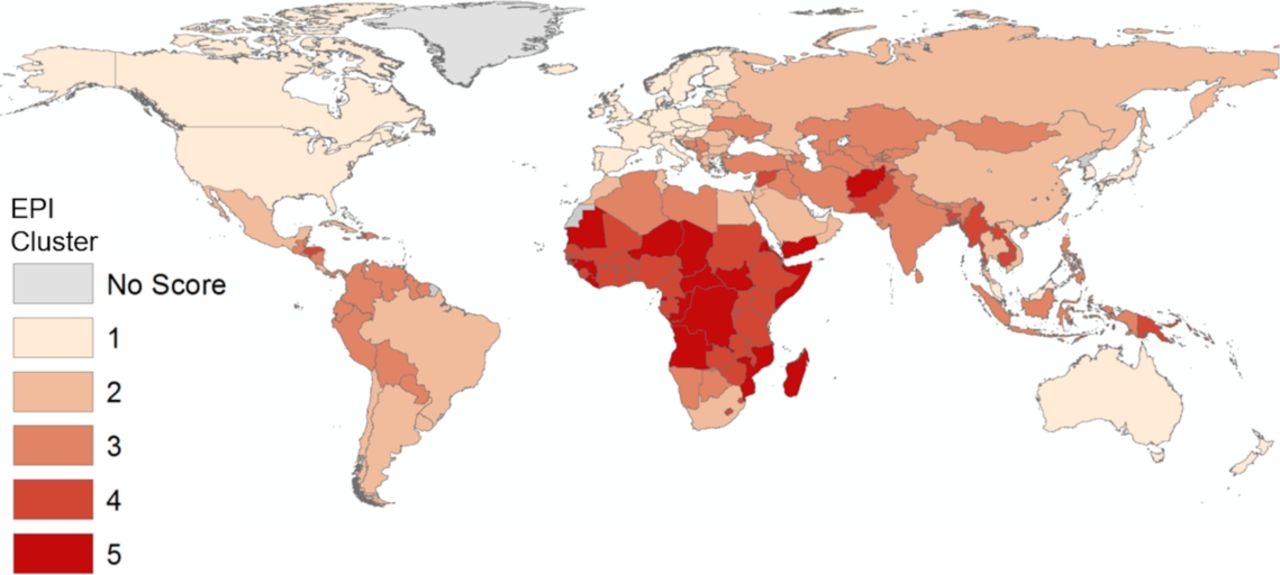Why It's Better To Quarantine Suspected Victims Of The Wuhan Virus Than Send Them Back
In terms of being prepared for an epidemic, Malaysia is one of the top countries in the world.
As the news about the first four victims of the Novel Coronavirus (2019-nCoV) in Malaysia spreads, a sense of paranoia has set in
Malaysians, reacting with haste and panic, have taken to social media demanding that the government must send all confirmed and suspected cases "back to where they came from".
The four infected victims, currently quarantined here, are all from Wuhan, China.
As of this writing, the virus that originated from the Chinese city of Wuhan has killed 56 in China and has infected a total of 2,019 people globally. Of the infected, 49 have now recovered.
There is no arguing the fact that the outbreak has become serious, but a kneejerk reaction on social media is not going to help the case. If anything, it's only fueling the online paranoia.
There are also those who are calling for a travel ban
But the thing about travel bans is, as Julia Belluz and Steven Hoffman of Vox notes, that they are merely a political move and don't work because they are not good public health policy.
"Travel restrictions to control the spread of disease have been tried since 1377... Since then, nearly every new pandemic threat has come with efforts to seal up borders," - Vox.
From the HIV/AIDS to bird flu infections to swine flu, travel restrictions for diseases like coronavirus in the past didn't help stop their spread, according to research by Vox.
So what is to be done then?
Vox argues that instead of "using airport screening and entertaining plans to seal borders, the governments of the world should focus their attention and resources on educating travellers about this new disease".
For its part, Putrajaya is taking the right steps
For example, the confirmed cases are currently quarantined at the Sungai Buloh Hospital (HSB).
The hospital, located in the Petaling District, is Malaysia's Centre for Infectious Diseases and is equipped with the most modern and advanced facilities to handle such cases.
In terms of being prepared for an epidemic, Malaysia is one of the top countries.
We, in fact, fall in the list of countries categorised as number 1 when it comes to preparedness for a pandemic, according to an Epidemic Preparedness Index (EPI) by BMJ Global Health.
Having successfully dealt with SARS, Ebola, and Nipah virus in the past, Malaysia has the capacity to deal with the 2019 novel coronavirus (2019-nCoV) situation in the country.
A map of EPI cluster, showing countries and their ranking. Malaysia falls in the no. 1 category.
Image via BMJ Global HealthMalaysia is also ranked above Singapore and Janan as being "most prepared" for major infectious disease outbreaks, according to the Economist Intelligence Unit.
What else are we doing to ensure the situation does not escalate?
From imposing tight regulations to cancelling flights to and from Wuhan, the Ministry of Health is on high alert and has activated all its rapid response teams on the ground to carry out contact tracing activities.
Health services personnel around the country are screening patients thoroughly to ensure that cases that fit the criteria are referred for further investigations and treatment if needed.
As for the question to why it's better to practice quarantine instead of deportation of tourists, Prime Minister Tun Dr Mahathir Mohamad highlighted that focusing on preventive measures, such as keeping suspected victims isolated, is far more important at this point
"Well, you can send them back to China, but in the process of sending them back, they will come into contact with other people. It is better to quarantine them first until they show no signs, then we can send them back," Dr Mahathir said during a press conference, as quoted by Malay Mail.
"For those who have symptoms or display just tiny signs already, we quarantine them," he said while lamenting that it is simply vexatious to stop people from travelling.
It is vital to note that while a lot of misinformation is floating around regarding the 2019-nCoV, health officials are still finding the exact origin and cause of the coronavirus.
What's also important is that unnecessary panic is not spread through misinformation on social media. It will only scare people and give the impression that we are panicking.
Meanwhile, if you're looking for the simplest way to keep yourself safe and help prevent the spread of the outbreak, wear a mask:
Editor's note: This story is the personal opinion of the writer. You too can submit a story as a SAYS reader by emailing us at [email protected].
